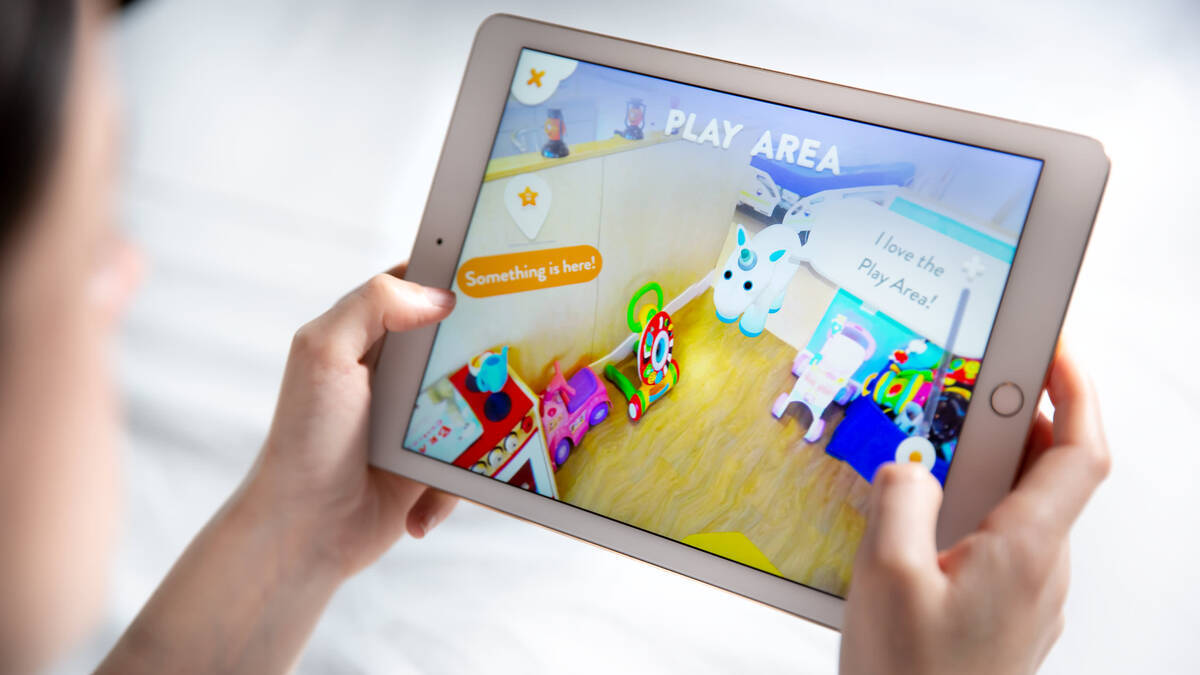It’s good to know you are working for an organisation that takes their responsibilities for protecting the planet seriously. But if yours is being slow to act then lobbying for some simple improvements might just be your responsibility.
And there are many good reasons for any organisation to behave sustainably:
- Employees are more motivated to be loyal to an organisation they feel is environmentally responsible.
- Many consumers will prioritise buying from a sustainable organisation over one that isn’t. And if your business sells to other businesses, then they will find it easier to get new clients if they can prove their green credentials.
- Much of sustainability is about efficiency and reducing waste: and that generally comes with some very attractive cost savings.
- Partnerships are a big part of sustainability; and organisations that are open to working with others are generally more efficient and more profitable, simply because they have access to greater resources and extra knowledge.
- Being sustainable means that you have to solve problems. So a sustainability programme is a great way of building a culture of innovation into your organisation.
Sustainability can affect many parts of an organisation. We’ll take a look at some of the main ones.
Waste
If your organisation reduces waste including paper, raw materials and energy, then it will be saving money by reducing the amount of things it has to buy as well as saving money disposing of waste. So it will be saving money and at the same time, reducing the amount of rubbish that goes to landfill, reducing the amount of carbon produced, and reducing the consumption of the earth’s scare resources.
Does your organisation:
- Reduce its use of paper where possible, for instance setting printers to print double sided
- Recycle as much as possible including milk cartons, printer cartridges, and packaging
- Work with your suppliers to reduce packaging waste
Transport
Unless you are lucky enough to work from home, you probably have to go to an office or other place of work. But managing transport isn’t just about encouraging your colleagues to cycle to work. You will need to think about how people get to external meetings as well as how raw materials and finished goods are transported to and from your organisation.
Does your organisation:
- Provide facilities like showers and bike-racks to help people cycle to work while discouraging people from driving by restricting onsite parking to people who really need it such as disabled workers
- Manage the number of external meetings that take place, using video conferencing instead where possible
- Include sustainability considerations when selecting suppliers and logistics partners, for instance prioritising local firms or firms that use green fuel
Energy
Reducing energy consumption is more than switching off the lights when you leave the office. Think about heating, machinery such as lifts and automatic doors, office equipment, and kitchen areas. You may be surprised where energy can be saved, and your FD may be shocked to see energy bills fall by up to 20%.
Does your organisation:
- Require machine such as printers and computers to be switched off when not in use, rather than leaving them on standby
- Check that kitchen equipment is maintained, up to date and used as efficiently as possible
- Manage heat properly, using blinds and open windows to keep offices cool in summer and closing windows and insulating ceilings and floors to keep the heat in during the winter
Healthy workplaces
Workers in an office that promotes their health are likely to be more efficient and better motivated. And there are lots of ways to create an office environment where workers feel valued, safe and happy.
Does your organisation:
- Allow flexible and family-friendly working practices
- Discourage a culture of long hours and “presenteeism”: shorter working hours is strongly correlated with increased productivity
- Ensure the physical needs of workers are met; these include temperature, good lighting, comfortable working conditions, and appropriate breaks
Image courtesy of iStockPhoto






